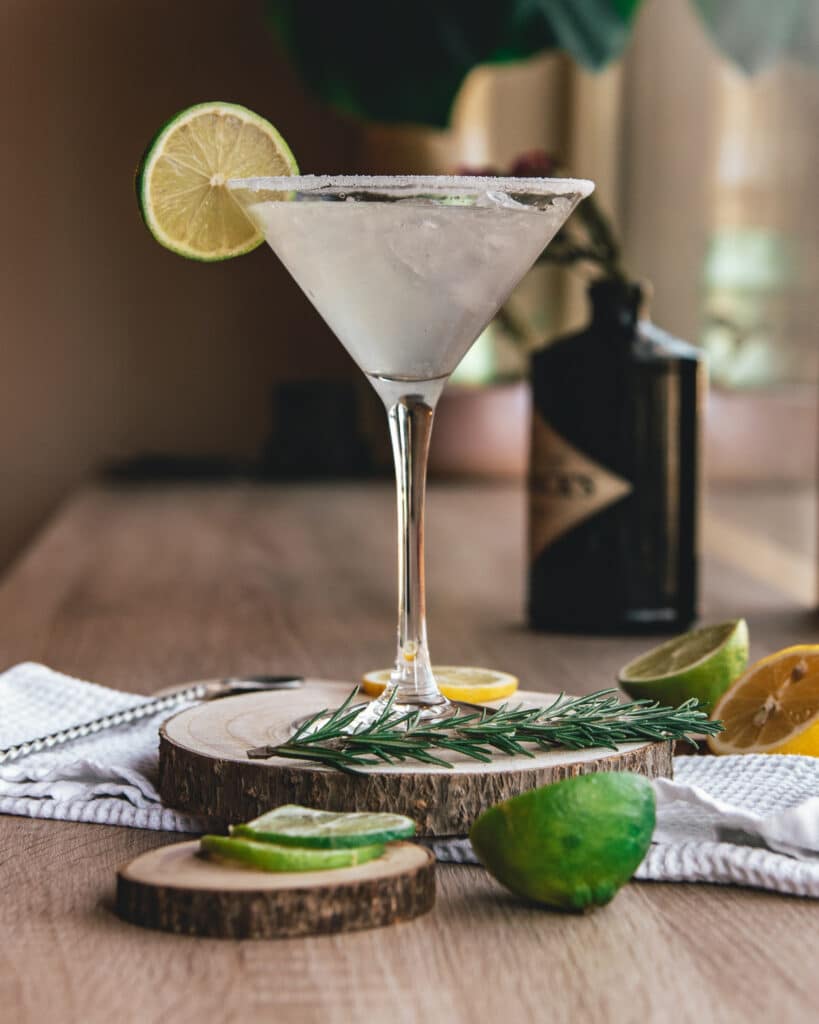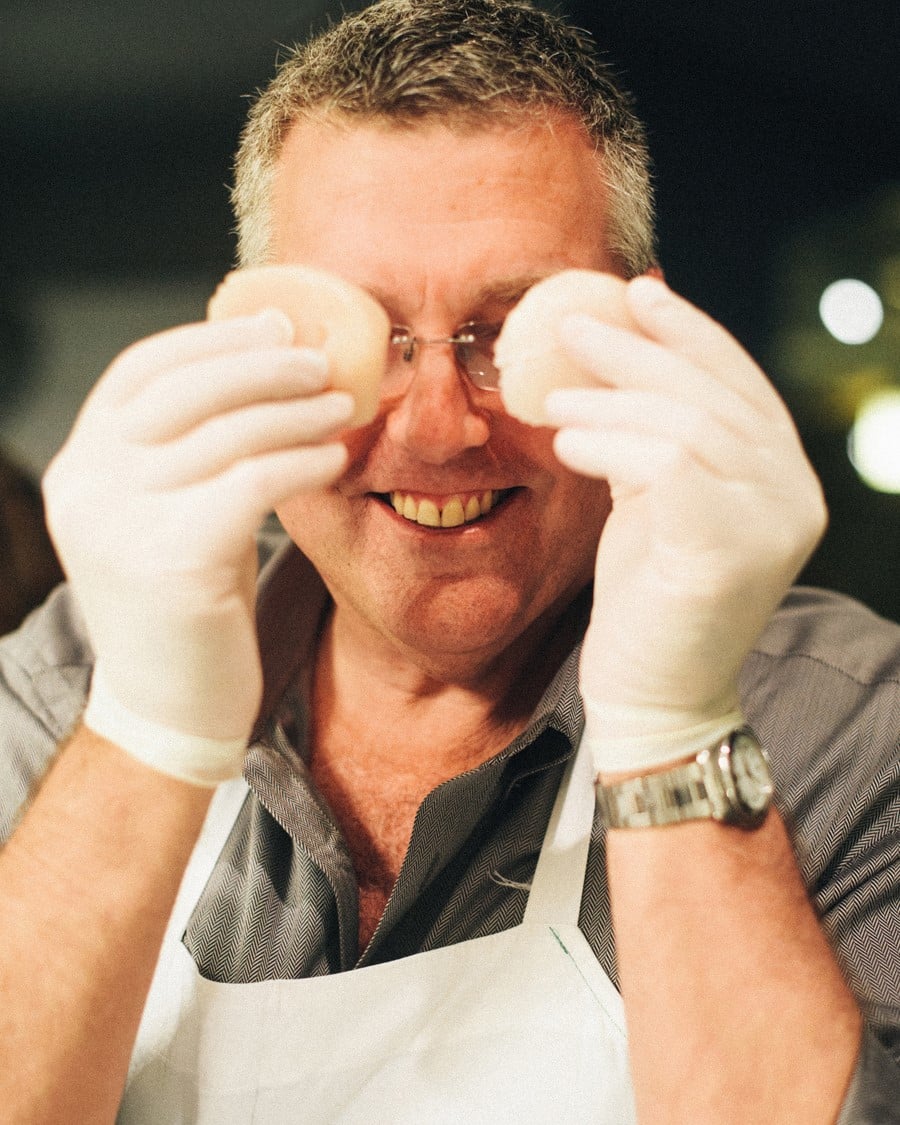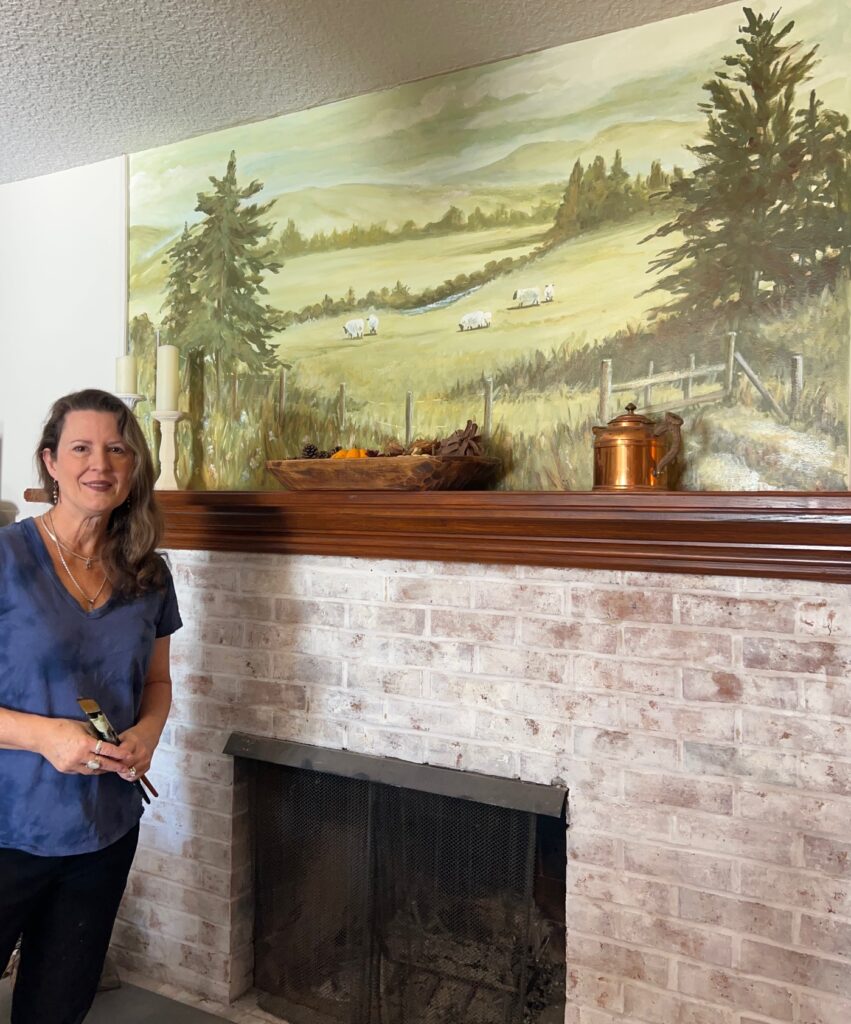
It’s heartbreaking to learn that a much loved restaurant is closing its doors after establishing itself as a treasured dining destination and valued part of the community. For me, it’s hard to accept the loss of a place that has given rise to so much enjoyment and so many cherished memories.
I’ve mourned the closing of the Carnegie Deli in New York, K-Paul’s in New Orleans and, on Saturday, May 27, I will be mourning the loss of Black Sheep in my home town of Jacksonville. What I find difficult to understand is how some restaurants, especially franchises with their formulaic menus and dumbed-down presentations, outlive independent operations that champion creativity and deliver exceptional dining experiences.
To be clear, franchises are tried-and-true, carefully planned and highly regimented operations. To survive, they test the crap out of everything, create foods that are simple-minded parodies, and rarely take risks. Plus, the operators are corporate entities, caring more about the company and its shareholders than the community that supports them.
It’s for entirely these reasons that I steer clear of franchises and patronize independent operators whenever possible. I love the local flavor and individuality that stand-alone restaurants bring to the table. That’s what makes culinary tourism so exciting. Nothing beats wandering the streets, discovering new foods, ingredients and culinary experiences that outshine anything previously encountered. With franchises, its the same thing wherever you go, oblivious to regional character and culinary specialties. From Santa Fe to Seattle, Charleston to Chicago, it’s all the same. While some people relish the mind-numbing predictability of franchises, I’ll take the individuality and mind-expanding opportunities that independent chefs and restaurateurs have to offer.
When it comes to longevity, I appreciate the ebb and flow that restaurants must overcome to keep their operations sustainable, vital and relevant. In part, they learn from innovative new chefs, maintain a watchful eye on the competition and, most importantly, keep their fingers on the pulse of trends and the ever changing preferences of their patrons.
They understand that menus need to evolve and, every once in a while, a fresh coat of paint, reupholstered furniture and a thorough cleaning is more than simply maintenance. They also work diligently to maintain active marketing and community outreach programs, including social media, as part of their overall health and wellness activities. Capturing the attention and provoking an enthusiastic response from a large number of well informed and highly influential people on a regular basis is always a good thing. Unfortunately, there’s only so much that these practices can do to help keep the doors open.
When you consider that the average lifespan of a restaurant is estimated to last 8 to 10 years, I guess I shouldn’t get too attached or be too upset when the bad news breaks. Plus, chefs quit (or retire), recipes change and the fashionability that made the place so exciting in the beginning may be difficult to maintain or, over time, become obsolete. Even the most enduring operations, those that seem to defy the aging process, are never quite the same year after year. Just take a look at some of those old-fashioned diners. While these operators work diligently to stay as close to their original concept as possible, even they must respond to changing industry dynamics and consumer preferences.
As some point, restaurateurs are forced to take stock and tally up receipts. In spite of valiant efforts to maintain momentum and stay alive, even the best of the best must accept the sad reality that it’s time to pack it all up, turn off the lights and shut the door.
- About the Author
- Latest Posts
Jeffrey Spear is the President & Creative Director at Studio Spear, a global branding agency working exclusively with food and consumer lifestyle products and services. His creative and strategic leadership accounts for Studio Spear’s successes, numerous industry related awards and stellar reputation. With client engagements on every continent except Antarctica and more than 40 years in operation, Spear applies his strategic and creative skills to a variety of branding and growth-oriented activities.
On a culinary note, Spear has obtained training from professional cooking schools in Australia and the United States. He is an accomplished trade journalist and food writer, providing recipes, stories and industry insights to a variety of trade and consumer publications. Jeffrey has also produced three cookbooks “Yum: Tasty Recipes from Culinary Greats,” “The First Coast Heritage Cookbook,” and “My Life in Gluttony: A Culinary Adventure.”















